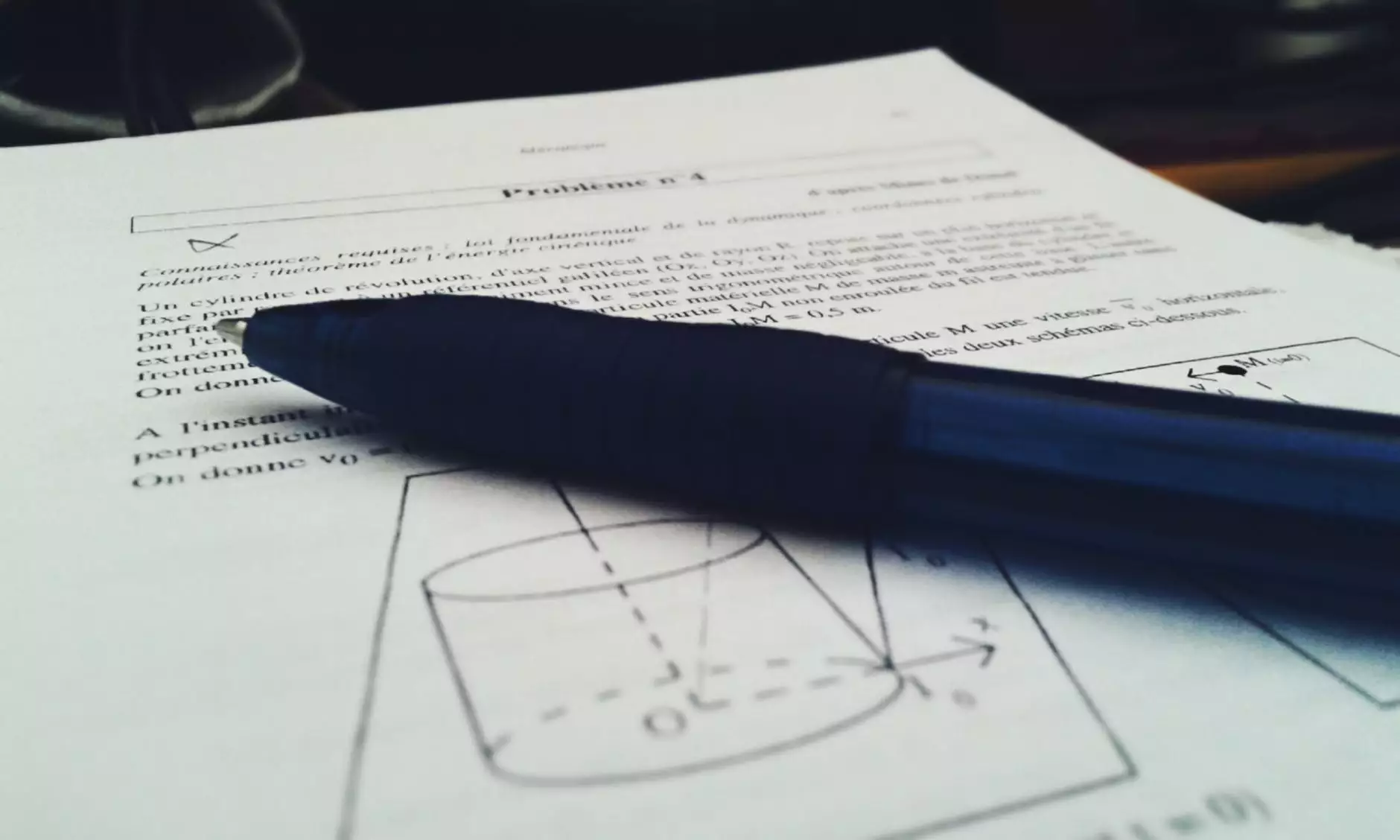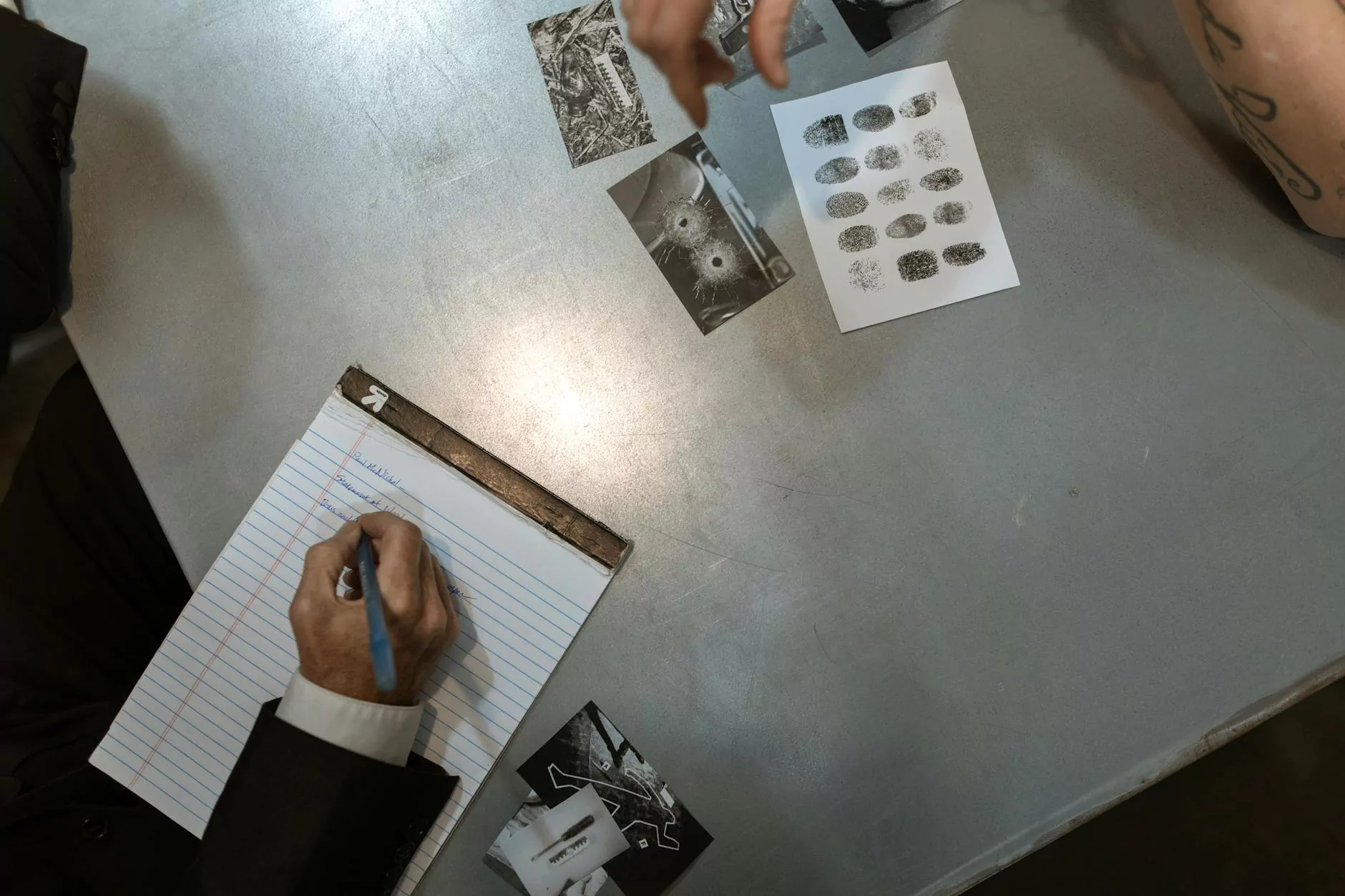Useful Tips for Writing Excellent Physics Papers

Are you a student struggling to write an excellent physics paper? Look no further! The Knowledge Nest is here to provide you with useful tips and guidance to help you craft top-notch papers and showcase your understanding of this fascinating field. In this comprehensive guide, we will share expert advice and detailed insights to ensure your physics papers stand out from the rest.
Understanding the Assignment
Before diving into the writing process, it is crucial to fully understand the assignment requirements. Read through the instructions carefully, noting any specific guidelines, formatting requirements, or topic restrictions. This initial step sets the foundation for a well-written physics paper.
Choosing an Engaging Topic
Selecting an engaging topic is crucial to capture the reader's attention and demonstrate your passion for the subject. Explore various subfields within physics and identify areas that pique your interest. Narrow down your options to a specific topic that offers ample room for exploration and analysis.
Conducting Thorough Research
Research is the backbone of any successful physics paper. Delve into reputable sources such as scientific journals, textbooks, and online databases to gather relevant and up-to-date information. Take detailed notes, ensuring to record the source information for proper citation later on.
Developing a Solid Thesis Statement
A strong thesis statement acts as a roadmap for your paper and presents a clear argument or hypothesis. It should be concise, specific, and provide a preview of the main points you will address throughout your paper. Take the time to craft a well-defined thesis statement that captures the essence of your research.
Organizing Your Ideas
Proper organization is crucial in presenting your ideas coherently and logically. Consider outlining your paper before starting the actual writing process. This will help you structure your content and ensure a smooth flow of ideas. Begin with an introduction that provides background information and context, followed by the body paragraphs, each focusing on a specific point, and wrap up with a strong conclusion.
Crafting an Engaging Introduction
The introduction is your chance to grab the reader's attention and establish the significance of your topic. Start with an intriguing hook that sparks curiosity. Provide a brief overview of the subject matter, highlighting its relevance in the field of physics. End the introduction with a strong thesis statement that encapsulates the main argument of your paper.
Supporting Arguments with Evidence
As you progress through the body paragraphs, be sure to support your arguments with evidence and data. Incorporate relevant examples, experiments, and research findings to strengthen your claims. Use clear and concise language, avoiding jargon or complicated terminology that may confuse your readers.
Ensuring Proper Citations and References
When referencing external sources, it is essential to follow the appropriate citation style guide. Whether your professor prefers MLA, APA, or Chicago style, ensure consistency in formatting and accurate citations. Failing to properly credit your sources may lead to plagiarism allegations, so be diligent in acknowledging the work of others.
Editing and Proofreading
Once you have completed the initial draft of your physics paper, take the time to thoroughly edit and proofread it. Check for grammatical errors, ensure clarity in your writing, and verify that your arguments flow seamlessly. Consider seeking feedback from peers or professors to obtain valuable insights and suggestions for improvement.
Conclusion
Writing an excellent physics paper requires dedication, meticulous research, and a clear understanding of the subject matter. By following these useful tips provided by The Knowledge Nest, you can elevate your writing skills and create standout papers that impress your professors. Remember, practice makes perfect, so never hesitate to seek guidance and refine your writing craft.










